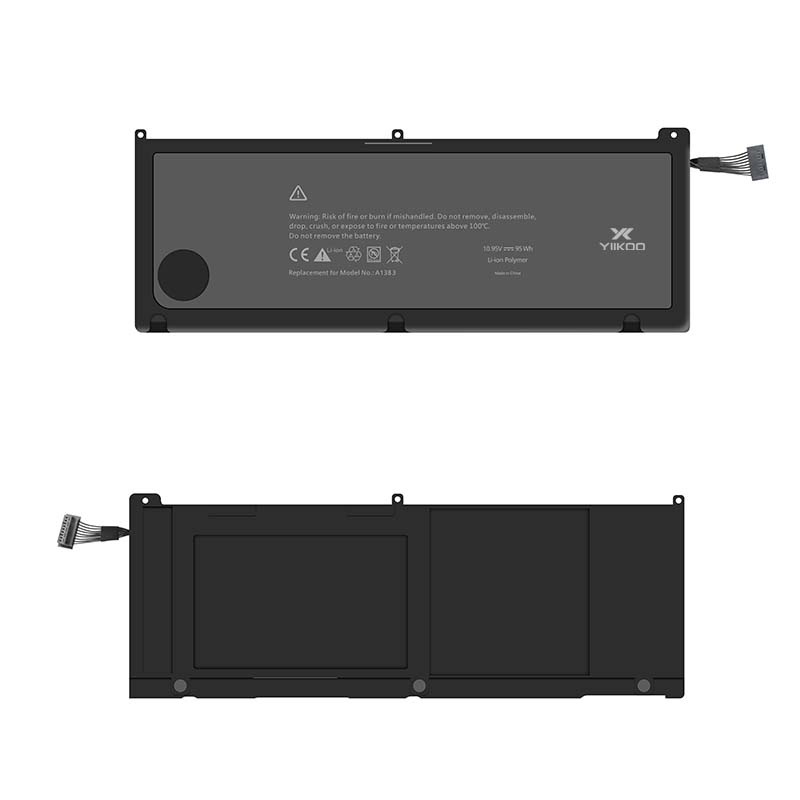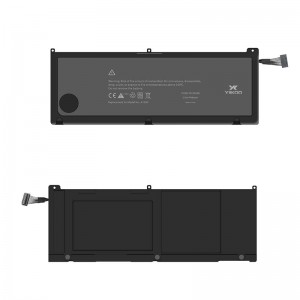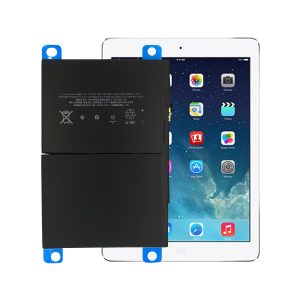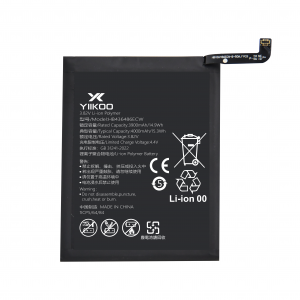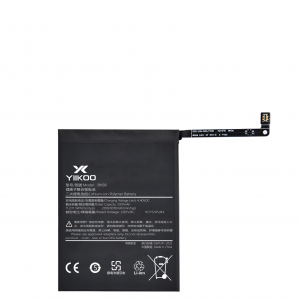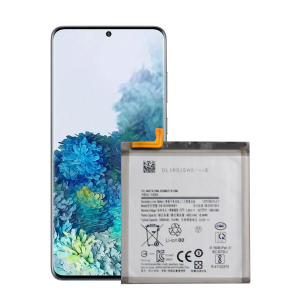Best 10.95v 95Wh A1297 Macbook Battery for Model A1383 Manufacturers In China
Detailed Picture
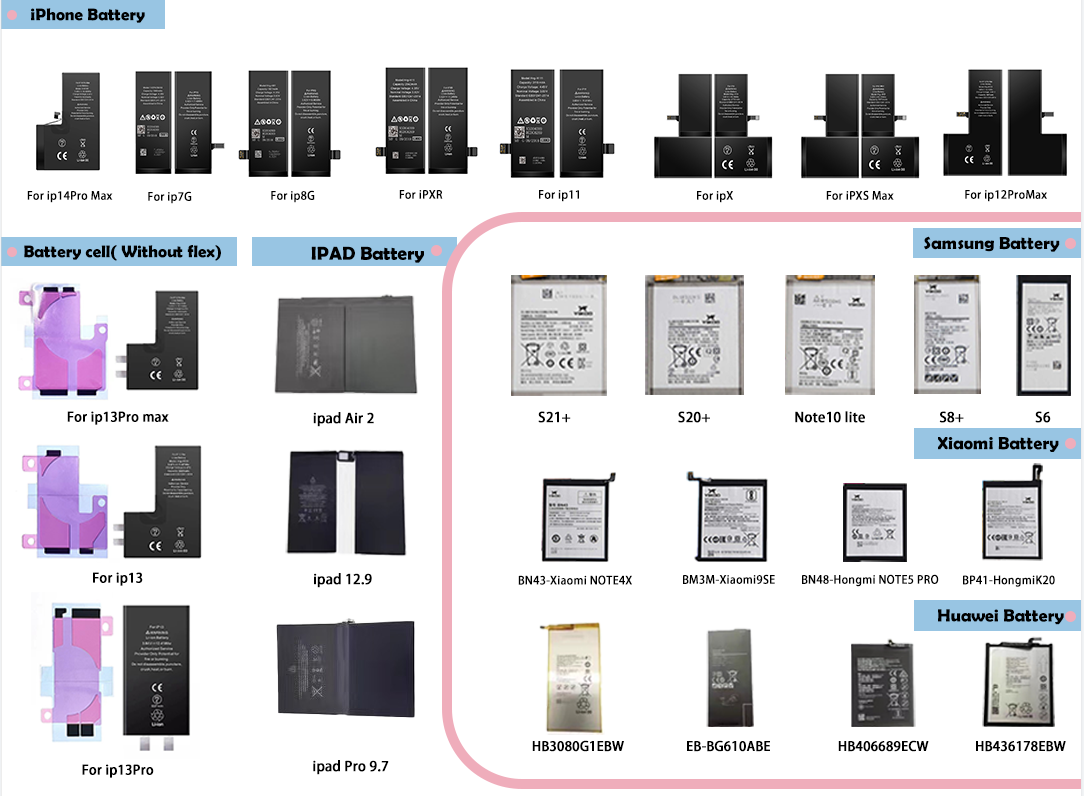


Description
1. Disable background apps: Check to see if there are any background apps running that you might not want. Background apps consume battery even when you're not actively using them. Disable any unnecessary apps to save battery life.
2. Use hibernate mode: If you plan to not use your laptop for an extended period of time, use hibernate mode instead of sleep mode. Hibernation saves your current state and then shuts down your laptop, extending battery life.
3. Battery Maintenance: Proper maintenance of laptop batteries can help extend their life. Some tips for maintaining your laptop battery include not overcharging your battery, calibrating your battery, keeping your laptop battery at room temperature, and using the original charger.
4. Power Saving Features: Most laptops have built-in power-saving options that can help extend battery life. These features can include reducing screen brightness, turning off Wi-Fi when not in use, and enabling power-saving mode.
5. Replacement Laptop Batteries: When the laptop battery no longer holds a charge, it may need to be replaced. It's important to ensure that you purchase a replacement battery that is exactly the same model and voltage as the original battery to avoid damage to the laptop.
6. External Laptop Battery Chargers: External laptop battery chargers are available and can be used to charge the battery outside of the laptop. These chargers can be helpful if you need to charge your laptop battery quickly or if your laptop is not charging the battery correctly.
7. Recycling Laptop Batteries: Laptop batteries are considered hazardous waste and should not be disposed of with regular trash. Instead, they should be recycled properly. Many electronic stores or various recycling centers accept laptop batteries for recycling.
8. Battery Warranty: Most laptop batteries come with a warranty. Be sure to check the warranty terms and conditions before purchasing a replacement battery, as some warranties may become void if the battery is not used, stored or charged properly.


